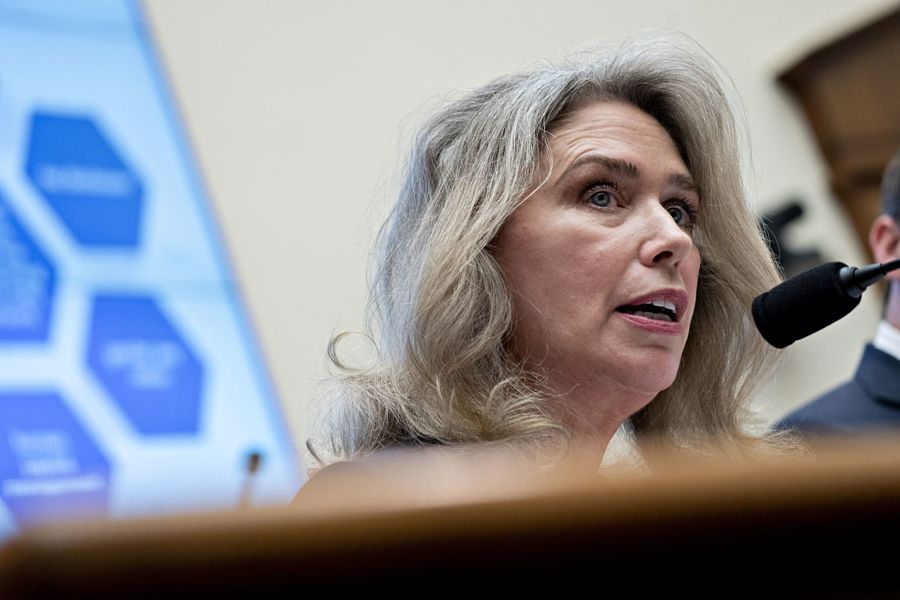The Securities and Exchange Commission should consider rules governing socially responsible investing, a member of the commission said this week.
Democratic SEC Commissioner Allison Herren Lee said the regulator should contemplate standardized reporting by public companies and investment funds regarding climate risk. The agency also should think through policies and procedures for fiduciaries who guide clients on environmental, social and governance investment.
Financial institutions should “produce standardized, comparable, and reliable disclosure of their exposure to climate risks, including not just direct, but also indirect, greenhouse gas emissions associated with the financing they provide,” Lee said in a speech Thursday to the Practising Law Institute.
Investors need better information to build portfolios that increasingly incorporate ESG factors to maximize risk-adjusted returns, she said.
“Disclosure in this area is key, and funds and their advisers must be clear about what they mean when they use these or similar terms to describe a fund’s principal strategies or risks,” Lee said.
She is seeking public input on how the SEC might step up regulatory oversight of how investment advisers approach socially responsible investing.
“Should we consider policies and procedures related to climate or ESG investing?” Lee said. “Such policies and procedures might include how an adviser will assess and implement a client’s ESG preferences, including with respect to asset selection and in the exercise of shareholder voting rights.”
Lee’s ESG focus could foreshadow a priority for the agency if Democratic presidential nominee Joe Biden is elected and the five-member commission gets a Democratic majority.
“We’re going to see in the commission more appetite for ESG rulemaking and guidance,” said Michael Littenberg, partner at Ropes & Gray.
Another Democratic commissioner, Caroline Crenshaw, addressed standardizing ESG disclosure during her Senate confirmation hearing earlier this year.
“We need to think through how best to provide the information investors are looking for, and that is information that is comparable and is accessible,” she said in answering a question from Sen. Mark Warner, D-Va.
How much pressure Congress can put on the SEC regarding ESG policy is not clear given that Democrats will continue to have a majority in the House and Republicans could maintain control of the Senate following the election.
Most ESG legislation in the current Congress has garnered support only from Democratic lawmakers. That would make moving individual bills difficult.
“Legislation that might not pass on a stand-alone basis might be approved if it’s part of a larger legislative package,” Littenberg said.
Regulators have been active this year on ESG policy. The Department of Labor issued a final rule last week that could curb socially responsible investing in retirement accounts. Earlier this year, the SEC launched an examination of ESG disclosures by investment advisers.








